5. John Carter (2012)
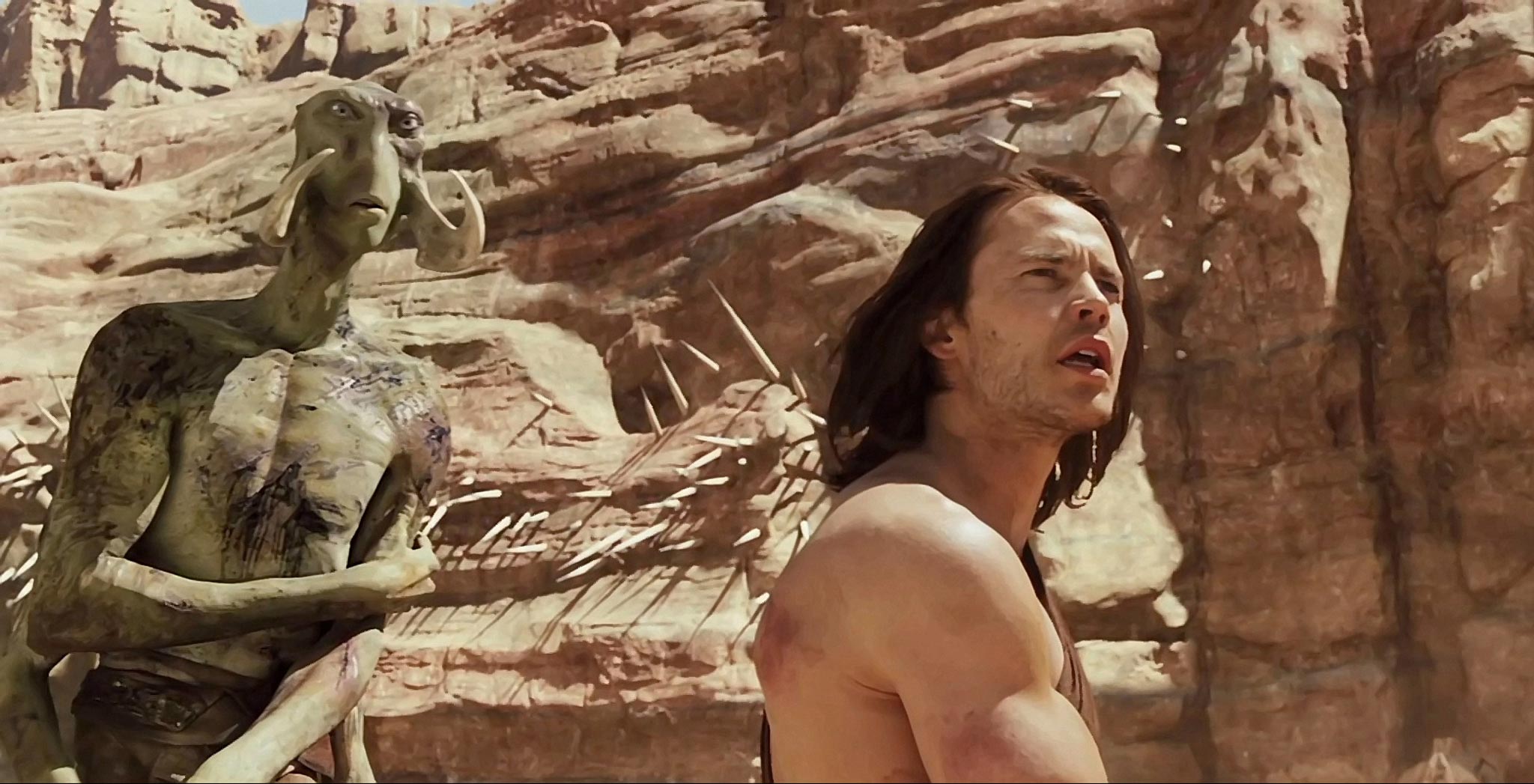
Film in Question: Edgar Rice Burroughs’ pulp novels, the “Barsoom” series, had an iconic foundation that had influenced most major sci-fi since it’s inception (e.g. “Star Wars”, “Star Trek”, “Avatar”).
A film adaptation had been in development since 1931 with Ray Harryhausen, John McTiernan, and Robert Rodriguez all being involved in stalled efforts over the years. It wasn’t until animation director Andrew Stanton (“WALL-E”) convinced Disney to snatch up the rights in the late 2000s – after he pitched it as “Indiana Jones on Mars” – that things finally moved forward.
The studio had its misgivings – Stanton had never directed a live-action film, the leads (Taylor Kitsch and Lynn Collins) were only up-and-coming names, and the brand was unproven. Regardless, they were confident enough to give it a $250 million budget and end the film on a major cliffhanger that would set up a trilogy.
That gamble face-planted when the film dropped and it barely recouped its budget (even with its worldwide return), and it quickly topped the list of major box office bombs of recent times. The long journey of bringing “John Carter” to the big screen ended in disaster with no likely continuation.
Is It Any Good? Regardless of its terrible financial response, “John Carter” is hardly worthy of its poisonous title. It’s an enjoyable fantasy romp with some excellent effects work and old school wonderment, even if its leaden-foot pacing and exposition drag it down it at points.
Kitsch and Collins are solid enough as the main romantic leads, but most impressive are the mo-cap performances from Willem Dafoe and Samantha Morton as scene-chewing members of the film’s alien warrior race. Strangely, its much-flaunted legacy works against it, creating a sense of overfamiliarity that kept it from feeling like the vital franchise material Disney expected, but regardless, it’s a imaginatively made fun diversion that should be enjoyed, not spat on.
Possible Future? In one word – nope. The failed taint is still too recent to squeeze any new interest out of the source. The movie also lacked the type of vocal cult following other failed franchises collected that helps turn things around. In response, Disney let the rights revert back to Burroughs estate – case closed. Who’s to say that later they won’t attempt to reboot it (like Burroughs’ Tarzan character has every couple of years), but for now, this is all we get.
4. Young Sherlock Holmes (1985)
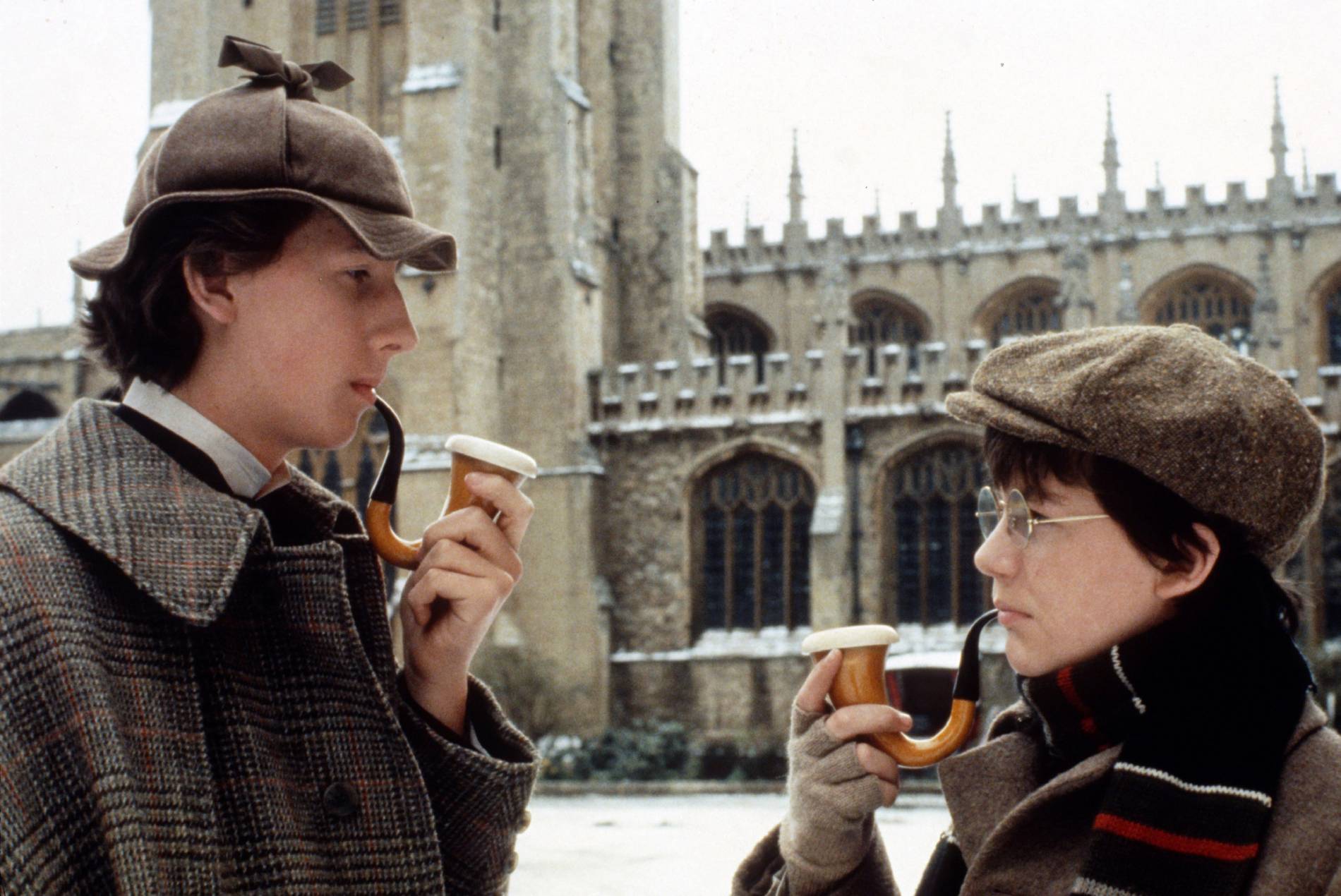
Film in Question: This Holmes prequel came from Steven Spielberg and his Amblin Entertainment when they could do no wrong. Spielberg was at the top of his game as producer, helping shepherd a series of movies that featured his penchant for cutting-edge special effects and crowd-pleasing entertainment, always leading to sequel plans (e.g. “Poltergeist”, “Gremlins”, “Back to the Future”).
After his successful rejuvenation of the pulpy adventure genre with “Indiana Jones”, turning to the Sherlock Holmes brand seemed like a sure fit, especially with all the bells and whistles that comes with an Amblin production (including an enthusiastic script by reliable stock writer Chris Columbus). Early buzz was solid and an end credits stinger set up Moriarty as a future villain for a potential follow-up.
Yet the film failed to connect, barely making its production budget back and being quickly forgotten. There was a backlash thrown at it because of shared flaws with the recent “Indiana Jones and the Temple of Doom” (1984) – too much dark, horror themed material coupled with a family adventure felt the brunt of scorn from critics and more importantly, ticket buying parents. Regardless, the “Young Sherlock Holmes” franchise failed to gain any traction and has become a lost footnote in a golden age for Amblin.
Is It Any Good? With time’s kind tint, “Holmes” ends up feeling like a lost product from a fantastic era for kid’s movies – fun, scary, and slickly made by Barry Levinson (heavily channeling early Spielberg). It has its share of flaws, certainly – pacing issues, a vanilla lead, and more priority in aping Indy than Sherlock’s canon – but with Bruce Broughton’s epic score, stunning special effects, and a fantastic sense of adventure, it’s a film that has rightfully earned its cult reputation over the years.
Possible Future? Columbus’ smart script was written in such a way that it could be read as a stand-alone prequel to the Holmes novels without the filmmakers looking stupid if the sequel option didn’t get picked up, so everyone was content to quickly move on after its failure. Still, back in 2012 it was officially announced that a reboot of said film was in the works. Since then, there’s been little movement – probably because of the overwhelming amount of Holmes material being produced since.
3. Green Lantern (2011)
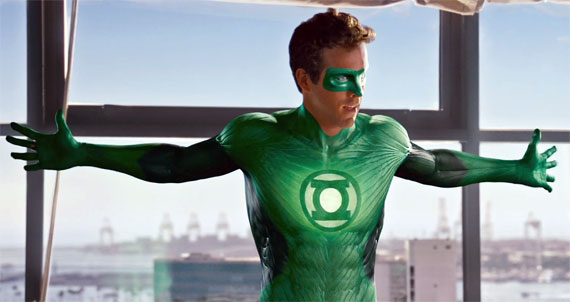
Film in Question: In the late 2000s, Marvel had already begun their successful expanded universe with Warner Bros/DC needing to catch up; despite enjoying a respected run of “Batman” movies from Christopher Nolan, the director was staunch that his movies be stand-alone.
Is It Any Good? Warner Bros decided to kickstart their universe with the long-in-development “Green Lantern” adaptation instead. With a large budget, a rising star (Ryan Reynolds), and a director who made James Bond relevant twice (Martin Campbell), how could things go wrong?
Well, audiences fatigued of superhero origins and franchise starters weren’t biting. After topping the box office in the first week, the film plummeted and also took a serious beating from the critics and public consciences, quickly becoming the whipping boy for all things wrong with superhero cash cows.
Warner Bros swiftly cut their plans of this being their universe launching pad and moved back to the drawing board. Is It Any Good? There’s no denying the comic property is ripe for the big screen, with decades of ripe material; yet regardless of some moments that work here, too many negatives overshadow it.
For all the rich galactic mythology it sets up, it’s content to focus on a derivative, cookie-cutter origin tale that is as predictable as it is un-involved. It doesn’t help that the action-centred finale is just a mess of lame CGI and rank concepts (Hot Wheels? really?), which results in a passable movie but one that lacks the ‘oomph’ needed to get people excited for more DC, especially when its teasing finale felt like they were purposely holding back on the good stuff to sucker you back for more.
Possible Future? You can’t keep a good comic property down nowadays, and with Warner Bros finally getting their DCEU in motion with “Man of Steel” (2013), they’ve announced a reboot – “Green Lantern Corps” – to drop in 2020. The idea to focus on the Galactic police aspect is a smart one, but with the polarizing reaction to every DCEU movie so far, DC need to land a solid win soon since who knows if that train will still be chugging by decade’s end?
2. Ender’s Game (2013)
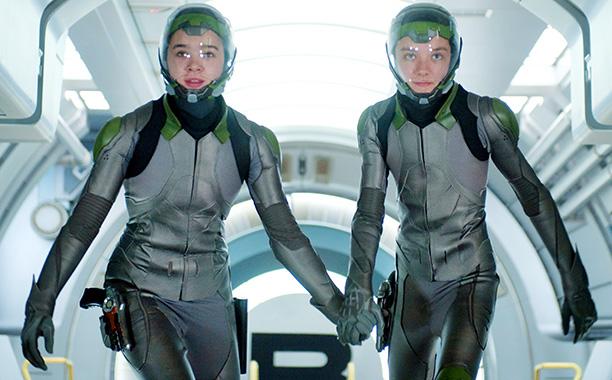
Film in Question: Orson Scott Card’s sci-fi milestone – the “Ender” books – had Hollywood calling since the mid 80s, but the stubborn Card only gave up the rights in the early 2000s.
Gavin Hood (“Tsotsi”) cracked the script and got it out of development hell by decade’s end with him on board as director. With the prestige of the novels and the added plus of Harrison Ford signing on in his first full-fledged sci-fi movie in decades, things looked promising enough to tack on an open ending and hire Hood to finish a sequel script before production even began.
However, the film did only mild business (its reception possibly hurt by the boycotting of Card and his vocal anti-gay marriage stance), with not enough bank to warrant a sequel, leaving plans soon scuppered.
Is It Any Good? Overall, it’s a strong adaptation with a worthy cast of young actors (Asa Butterworth, Hailee Steinfeld), meaty support from its elders (Ford, Ben Kingsley), and effective directing from Hood.
The heady notions and taxing training from the book are front and center in the film adaptation. Yes, some of the more clever aspects are watered down, but its conflict-prone questions about war are not skirted, even if its priority was in making a “Hunger Games” success out of it.
Overall, it suffers from the fact that its final moments hint at a much more exciting film to come, making the end result feel slightly underwhelming.
Possible Future? The “Ender” series is too lucrative a license to lie dormant, and even if this specific incantation won’t continue, there have been several murmurings of a move to television with a long format mini-series adaptation instead.
1. The Golden Compass (2007)
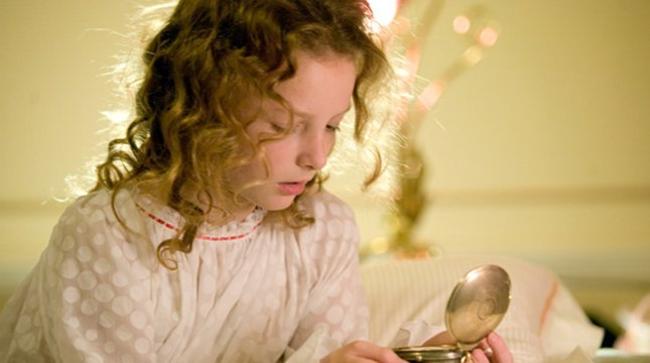
Film in Question: After New Line Cinema’s massive gamble of filming the entire “Lord of the Rings” trilogy in one shot paid off handsomely (and revolutionized the film biz), they were anxious to get their hands on the next literature property that would bask them in cash.
Their choice – Phillip Pullman’s rich yet dense “His Dark Materials” series, which had been a subject of controversy due to its anti-organized religious undertones. New Line approached things with the same bombast as their hit franchise, mapping sequel plans before pre-production had even begun, and injecting it with a whooping $180 million budget. They were so confident in its success that the ending wrapped on a massive cliffhanger.
Yet when that expensive budget didn’t recoup expectations and the Catholic Church kicked up a big stink (even though the film heavily diluted the book’s edgy material), it was an quick decision for New Line to cut their losses and leave sequel plans in the dust.
Is It Any Good? It’s a watchable if muddled experience. Pullman’s lush world impressively peers through with stellar sets and wild fantasy elements, but sadly the mythos are muddied by a rushed pace that makes proceedings come off as odd instead of involving. It’s so determined to inform and set up its sequels that it never takes time to be a fun experience. Only the inventive and wacky finale shows off some potential entertainment value the franchise could have given us.
The crucial element missing was the captain of the ship – with the “Rings”, Peter Jackson was a innovative and determined voice, finally able to take on his passion project. With “Compass” they hired Chris Weitz, the guy who co-directed “American Pie”, and that was about it. His directorial and screenwriting finesse is average, and it was obvious that he was overwhelmed by the material and budget, with an over-reliance of (now dated) CGI to pick up most of the slack, which resulted in a dud of a franchise starter.
Possible Future? The loyal following and critical respect of the books are still prevalent even if the feature world didn’t pan out. In late 2015, BBC announced they had commissioned a TV adaptation of the books. One feels the dense complexity of that fantasy world would suit the long format better in the classier world of UK TV.